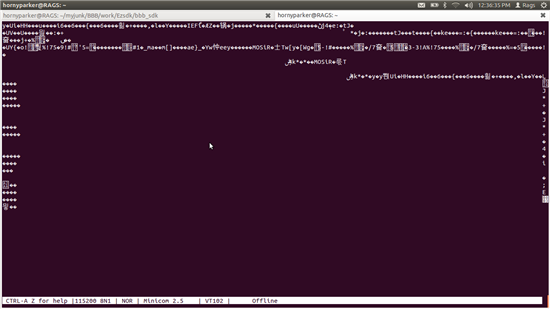The current AM335xSDK 05_07_00_00 Arago SDK for the original Beaglebone is all that is available at this time, but I did not find any information regarding Beaglebone Black. There are memory differences (ie. DDR3 and eMMC) that I believe would cause a new release. Does anyone know when there will be an Arago SDK for Beaglebone Black?
Thanks,


